The nutritional value of mushrooms is greater than one may think! More than just a condiment for salads, they’re actually one of the healthier foods that you can eat.
Mushrooms are low in calories, high in fiber, and contain many important vitamins and minerals. Some also have medicinal properties such as complex carbohydrates that strengthen the immune system.
Let’s look at mushroom nutrition in a little more depth. The first half of this page lists dietary benefits, and the second half tells you how you can best take advantage of them. More mushrooms in your diet are not only tasty; they’re good for you!
Nutritional Value of Mushrooms: Nutrient Roll Call
Why are edible mushrooms considered a healthy food? In terms of nutrition they contain:
Protein – Most mushrooms have a high protein content, usually around 20-30% by dry weight. This can be useful for vegetarians or anyone looking to increase the protein content in their diet.
- Fiber – Helps lower cholesterol and is important for the digestive system.
- Niacin and other important B vitamins – As certain B vitamins are found in animal tissue but not plants, this can be another good supplement for vegetarians.
- Vitamin D – Essential for the absorption of calcium.
- Copper – Aids in helping the body absorb oxygen and create red blood cells.
- Selenium – An antioxidant that helps neutralize free radicals, thus preventing cell damage and reducing the risk of cancer and other diseases. Mushrooms contain more selenium than any other form of produce.
- Potassium – An extremely important mineral that regulates blood pressure and keeps cells functioning properly. A large portobello mushroom is said to have more potassium than a banana.
- Other important minerals – Such as phosphorous, zinc, and magnesium.
- Low levels of fat, calories, and sodium
- No cholesterol
Yet the nutritional value of mushrooms can be measured in more ways than just strictly dietary. Further health benefits are gained from:
Polysaccharides – Complex carbohydrates that stimulate the immune system.
- Enzyme inhibiting activity – Mushrooms can inhibit the production of certain enzymes such as aromatase, which the body uses to make estrogen. This could reduce the risk of breast cancer.
- Triterpenes – Steroid-like molecules that inhibit histamine release and have anti-inflammatory properties.
Not all types of mushrooms have the same levels of vitamins, minerals, and medicinal properties. Do a little research if you have special health needs or goals. Of course, don’t forget to take taste into account!
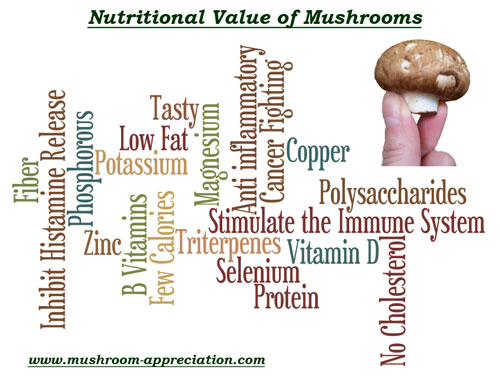
Maximize Your Mushroom Mileage
Consider these points to get the most out of the high nutritional value of mushrooms.
- Buy organic or grow your own – Mushrooms channel compounds from the environment in which they were harvested. Thus if they fruit in a polluted area, they’ll contain toxins. Be aware of how your mushrooms were grown.
- Love the high water content – Be mindful that they’re 70 – 90% water. While this can help fill you up, it also means that the heaping portion of healthy fungus you’re eating is smaller than you think it is. Start seeing them as more than just a garnish and add them to larger quantities in meals.
Eat a variety – Different species have different levels of nutrients. Eat a variety of mushrooms to get broad-spectrum benefits. Or you can tailor a plan for yourself based on health goals.
- Cook ’em – Mushrooms have tough cell walls, which lock health benefits away in indigestible chitin. Cooking them makes these molecules more available and can help neutralize smaller levels of toxins. They really shouldn’t be eaten raw.
- Use first time caution – Some people are allergic to mushrooms. Only try a small amount of a new mushroom for the first time. If collecting them from the wild, be sure you know what you’ve picked.
- Eat a healthy diet – Your mushroom nutrition benefits will be pointless if you eat a lot of junk or cook them in unhealthy oils.
Although once believed to be not that important, one can see the nutritional value of mushrooms is actually quite impressive! From healing properties to vitamins, they’re obviously beneficial to the body.
If you’re looking for ways to include them in your next meal, visit the mushroom recipes pages. I’d also recommend Mushroom Cookbook: Recipes for White & Exotic Varieties if you need more ideas!

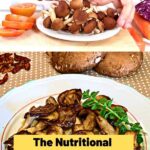



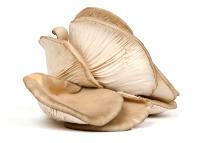 Protein
Protein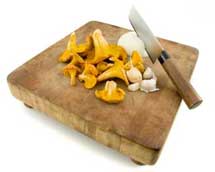 Polysaccharides
Polysaccharides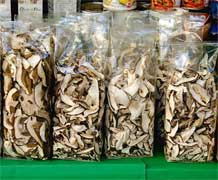 Eat a variety
Eat a variety
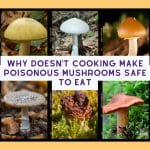


Kumar says
Good information